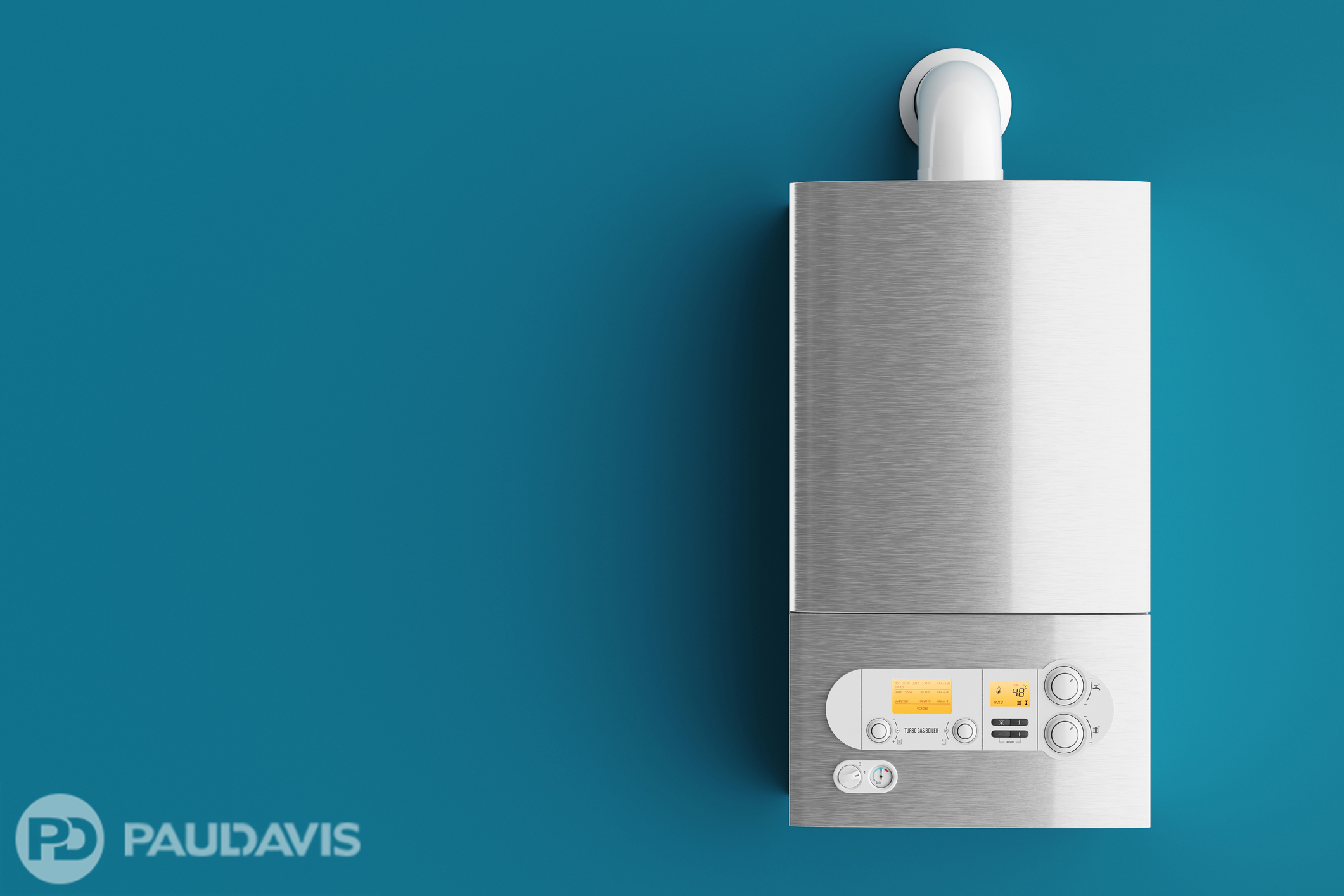
According to The Insurance Institute for Business and Safety (IBHS), nearly three quarters of water heater failures result from leaks, whether they are slow and insidious drips or catastrophic bursts that flood homes and shock homeowners. Not only are insurance claims frequent for these incidents, the IBHS estimates that they cost a hefty $7,100 CAD per typical claim.
Is there a way to sidestep this risk? Yes, there is. “For some people, tankless water heaters – which heat water on demand by passing it through flash-heating coils before sending it through the pipes – make a lot of sense,” says Bob Hillier, President, Paul Davis of North Houston. “But you have to carefully weigh the pros and cons before making the switch.”
First, the pros of on-demand, tankless systems:
- With no tank to empty, they produce a steady stream of hot water that arrives much faster at the tap. As long as usage does not outstrip the unit’s capacity – three occupants all showering at once, for example – the hot water never runs out.
- They last twice as long as tank heaters: 20 years versus 10 for typical tank models.
- They are more energy efficient, using about 20 percent less energy. This is partly because they need not keep a tank of water constantly hot.
- Because they save energy, they often qualify for tax credits upon purchase.
- Mounted on the wall in an out of the way area, they have much smaller footprints than tank types.
- They offer longer warranties as well for both gas and electric models.
- They are ideal for smaller homes or structures that are unoccupied at times, such as second homes.
- They are far less prone to catastrophic leaks.
Sounds like a no-brainer choice, right? Well, tankless systems also have cons:
- Inconsistent hot water temperatures. This usually occurs when the unit is asked to supply multiple fixtures simultaneously.
- They need sufficient demand to switch on. Need a trickle of hot water for shaving? These units are not your best grooming buddy.
- Higher initial costs. These units start at about twice the price of a high-quality tank heater.
- Limited amount of hot water. If someone wants to shower while the dishwasher and washing machine are operating, the unit will not keep up with demand.
- They often need additional equipment to operate properly. Many require water softeners.
- This non-traditional system often requires rerouting gas supply or electrical wiring.
- While it’s less expensive to operate, you likely won’t recoup your initial financial outlay for six to 12 years.
- Newer technologies like solar heating – and even newer very efficient tank heaters - may eclipse tankless options.
- Annual maintenance is more demanding.
For some homeowners, knowing that they won’t arrive home to a wet catastrophe is enough reason to adopt a tankless system. And for those who choose tank heaters that do cause unexpected water damage? Paul Davis promises to arrive within four hours of a call for help.
